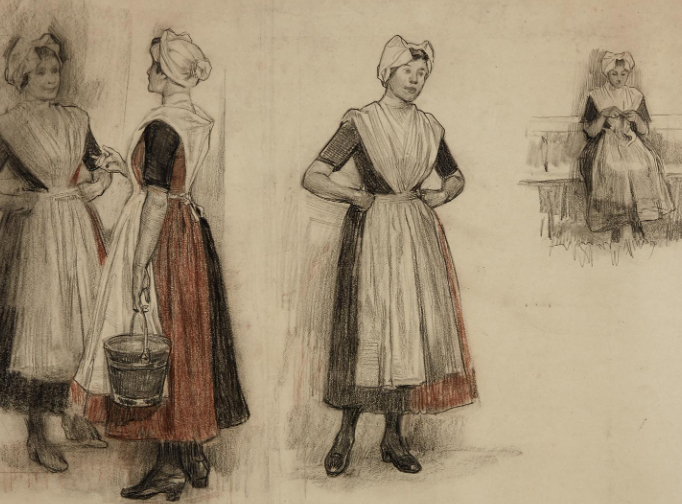Jane Eyre and the Role of Orphans in Literature
The theme of orphanhood is a powerful narrative device in literature, unlocking deep emotional responses and resonating with universal themes of resilience and identity. Charlotte Brontë’s “Jane Eyre” is a prime example of how an orphaned protagonist navigates personal struggles while reflecting broader societal issues. By exploring Jane Eyre and the role of orphans in literature, we can better understand the significance of these characters and the messages they convey.
The Power of the Orphan Archetype
Orphans often represent isolation and vulnerability, making them inherently relatable figures. In “Jane Eyre,” Jane’s early life is marked by neglect and mistreatment, which serves to highlight her resilience. Literature frequently uses orphans to explore themes of abandonment, identity, and belonging. This archetype allows authors to delve into complex emotional landscapes, showcasing how these characters must navigate a world that often feels hostile. Readers are drawn into their journeys, experiencing their struggles, triumphs, and ultimate self-discovery.
Societal Reflections Through Orphan Stories
Orphan characters often reflect the societal norms and issues of their times. In the 19th century, when “Jane Eyre” was published, orphans faced societal stigma and were often viewed as a burden. Jane’s experiences mirror broader themes of class struggle and gender inequality. Through her eyes, readers witness the impacts of societal expectations on individual identity. Such stories emphasize the importance of resilience and adaptability, encouraging readers to reflect on their own circumstances and society’s treatment of the vulnerable.
Lessons on Resilience and Empowerment
At the heart of many orphan stories, including “Jane Eyre,” is the theme of resilience. Orphans are often portrayed as strong and resourceful, pushing through adversity to forge their own paths. Jane’s journey from an unloved child to an empowered woman who claims her identity showcases the strength of the human spirit. This narrative encourages readers to find strength within themselves, reminding us that our backgrounds do not define us. It also calls attention to the importance of compassion for those who may face similar challenges in real life.
In conclusion, the role of orphans in literature is not just about loss; it’s about survival, identity, and empowerment. “Jane Eyre” stands as a testament to the rich emotional depth that orphan stories can convey. If you’re interested in exploring this theme further, consider diving into other literary works featuring orphan characters. Their stories are not only compelling but also provide valuable insights into the human condition.
